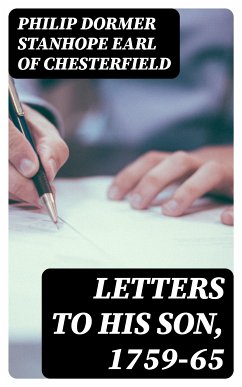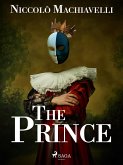In "Letters to His Son, 1759-65," Philip Dormer Stanhope, the Earl of Chesterfield, presents a fascinating collection of correspondence directed to his illegitimate son, exploring the intricacies of gentlemanly conduct, social etiquette, and the nuances of 18th-century British aristocracy. The letters are imbued with wit and a conversational tone that reveals Chesterfield's deep understanding of human nature and societal expectations. His eloquent prose traverses various topics, from the importance of education and demeanor to the subtleties of diplomacy and charm, all framed within the context of the Enlightenment's emphasis on reason and refinement. This work not only serves as a personal guidance manual but also as a broader commentary on the social fabric of his time. Philip Dormer Stanhope, a distinguished figure in British history, embodied the complexities of social standing and intellectual pursuits. His own experiences in the courts of Europe and as a statesman greatly influenced his perspectives on life and the art of communication. Chesterfield's keen awareness of the disconnect between noble birth and personal character informed his commitment to instilling the values of civility and intellect in his son, reinforcing his legacy as a father figure in literature. Readers seeking an insightful glimpse into 18th-century social mores, coupled with timeless advice on personal conduct, will find "Letters to His Son" not only informative but transformative. Chesterfield's distinct blend of practicality and wisdom renders this work not merely a correspondence but a manual on navigating the complexities of life with grace. This book is essential for anyone interested in the evolution of social etiquette and the historical intricacies of familial relationships.
Dieser Download kann aus rechtlichen Gründen nur mit Rechnungsadresse in A, B, BG, CY, CZ, D, DK, EW, E, FIN, F, GR, H, IRL, I, LT, L, LR, M, NL, PL, P, R, S, SLO, SK ausgeliefert werden.









